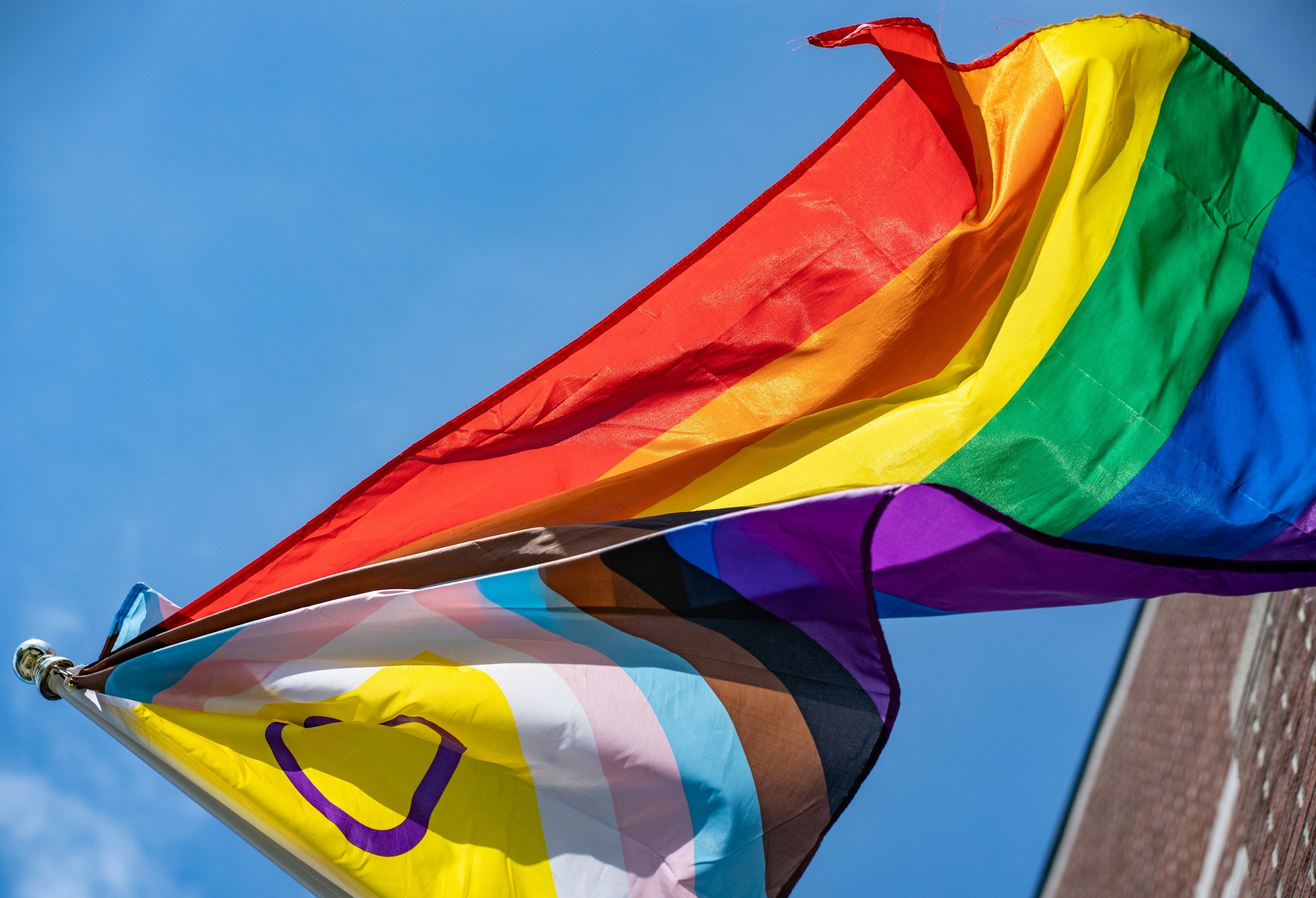
Supporting BC’s 2SLGBTQIA+ seniors
and those who work with them
Reports
What We Do
DSS is dedicated to affecting systemic change that creates culturally appropriate services for 2SLGBTQIA+ seniors across British Columbia.
2025 report by Dignity Seniors Society
[ click the image to read the report ]
Q&A with matthew heinz on the Aging with Dignity needs assessment. Image source: the519.org
Our Approach
Systemic, societal, and individual experiences of oppression, erasure and invisibility are not new for our 2SLGBTQIA+ seniors; we have survived with tremendous strength and resilience for many decades.
As our communities become especially vulnerable toward the last stages of their lives, we work to support them and advocate on their behalf.
Our Mission and Vision | Our 4 Pillars
Housing
Health
Community building
End-of-Life & Financial planning
How we serve
-
Advocate for the creation and/or improvements of culturally appropriate services for 2SLGBTQIA+ seniors
-
Collaborate with seniors’ service providers to inform and support their 2SLGBTQIA+ services, and with 2SLGBTQIA+ service providers to inform and support their senior’s services.
-
Provide training for service providers and students on working with 2SLGBTQIA+ seniors.
Provide public presentations at conferences, conventions and events on the needs and challenges faced by aging 2SLGBTQIA+ people and how to adapt service to accommodate them.
Provide information to 2SLGBTQIA+ seniors on available services, and where appropriate, support individuals to self-advocate for their needs.
Partner on, promote and support research on the needs of 2SLGBTQIA+ seniors and make recommendations for best practices on how to meet their needs.
Acknowledging your support
A special thank you to our generous funders!
Please click here for a full listing of our funders.
On 2025-Jan-31 DSS joined (virtually) other organizations in Montreal to hear Lisa Hepfner (Parliamentary Secretary to the Minister for Women and Gender Equality and Youth) announce up to $41.5 million for 106 projects across four different 2SLGBTQIA+ funds.
This funding will advance equality for 2SLGBTQIA+ communities across Canada and address the rise in hate. DSS is honored to be chosen as one of the recipients of WAGE funding and thank them for their continued support of our important work.
Click here to read the full announcement.
A volunteer-led and driven organization, Dignity Seniors Society (DSS) gratefully acknowledges the financial support of the following organizations.












